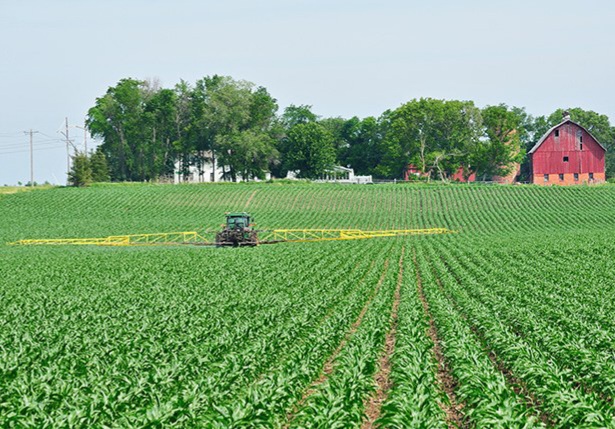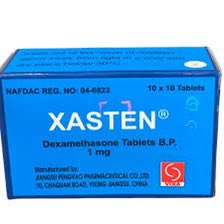- 25 registered products in Nigeria are carcinogenic
- 63 are mutagenic
- 47 are endocrine-disrupting chemicals
- 262 products show neurotoxicity
- 224 show clear effects on reproduction
Alliance for Action on Pesticide in Nigeria (AAPN), a coalition of Non – Governmental Organisation(NGOs), academia and experts have raised alarm over 40 per cent of expired pesticides banned in Europe which have infiltrated Nigerian market through the seaports.
The group noted that government agencies had failed to check local retail markets, where these products were being sold to people.
In a communiqué by the group at a stakeholder dialogue on pesticide regulation in Abuja, it was said that 40 per cent of all the pesticide products registered in Nigeria have been withdrawn from the European market or are heavily restricted.
The group revealed that 25 registered products in Nigeria had been proven carcinogenic, 63 to be mutagenic, 47 are endocrine-disrupting chemicals, 262 products show neurotoxicity and 224 show clear effects on reproduction.
It further raised concern that 65 per cent of the active ingredients (26 out of 40) used by farmers in Nigeria as sampled in the field study belong to the group of Highly Hazardous Pesticides (HHPs), adding that two of these pesticides were found to be carcinogens and two are mutagens, five were known endocrine disruptor compounds (EDCs), 11 were proven neurotoxin, while 12 we proven to affect the human reproduction system.
According to the group that 40 per cent represents 57 active ingredients in 402 products that were still in use in Nigeria, saying that many of them belong to the group of Highly Hazardous Pesticides (HHPs) which were dangerous to human health, animals and the environment.
The group noted, “The human and environmental impact of this situation continues to mount: in a recent incident, 270 people were confirmed dead in Benue state due to the poisoning of a river with a pesticide banned in Europe.
“Despite the urgency of the situation, the government and the responsible regulatory agencies, like NAFDAC but also other related departments and agencies like NESREA and NAQS, are not being seen to take urgent and swift action in line with best practices that would be led by the precautionary principle. They are not working in a coordinated fashion. They appear to be overwhelmed, under-funded and lack the necessary manpower to comprehensively address the challenges related to pesticide use in Nigeria.”
It cited NAFDAC, giving a time frame of 2024 for the banning of Paraquat instead of taking immediate action after Coalition Against Paraquat (CAP) had over the years engaged it with scientific evidence on the need to deregister Paraquat and ensure the immediate phase-out of Paraquat from the Nigerian market.
The group noted that farmers relied on the use of highly hazardous pesticides due to the advice they receive from agrochemical retailers and extension officers.
According to AAPN, shortage of biopesticide products, lack of knowledge and advice on how to manage pests, weeds and fungi through nature-based approaches had contributed to the use of expired pesticides.
It explained: “Farmers lack the necessary safety training for proper pesticide use and cannot afford the needed personal protective equipment. Many farmers are not literate in English and therefore cannot understand the safety instructions on pesticide products if there are labels at all.
“Farm extension officers of both government and private sectors are in short supply and existing farmer education does not focus on reducing pesticide use and the introduction of organic practices.
(Inside Business)





